Students share their experiences living with siblings who have special needs
Photo Courtesy of Annabelle Hilson
Sophomore Annabelle Hilson poses with her brother Nolan.
Many students at BSM have unique sibling experiences, but sophomore Annabelle Hilson, who has a 12-year-old brother with Downs Syndrome, and senior Tia Sposito, who has a 15-year-old brother with High Functioning Autism, have had sibling experiences that drastically differ from other students.
Although her brother may not understand many social norms and consequences, Hilson explains that she doesn’t see him differently from his peers. “When I’m at home, I don’t view him as someone who has a disability,” Hilson said.
Hilson’s brother doesn’t have any physical disabilities, like a wheelchair, which makes it easier for Hilson to see him as an average person. Hilson believes that her brother is very lucky to be as healthy as he is—— he has had two surgeries, but no cancer or heart problems.
Similar to Hilson’s sibling, Sposito’s brother does not have any physical disabilities. “Just by looking at him you could not tell he has Autism,” Sposito said.
Sposito believes that the biggest difference between her and her brother are his motivation levels. While he focuses on the things he wants to do, Sposito focuses on the things that she needs to do. “The way he acts at home is normal to me but not normal to everyone else,” Sposito said.
Sposito explains that her brother’s mind has different areas of strength compared to those without autism, which many of those who know someone with autism can attest to. “I don’t think his mental capability is necessarily a disability; it’s more like an ability. He is so incredibly smart and the reason why he doesn’t get the best grades is because he actually gets bored because he knows so many facts,” Sposito said.
Downs Syndrome has greater effects on the brain. Hilson explains that all mental things will always be harder for her brother because of his condition.“The mental things that I can do will always be harder for him than it is for me no matter how many hard classes I take,” Hilson said.
Activities like school work are much harder for people with Downs because of how their brain circuit functions. Hilson thinks one of the hardest parts about having a sibling with Down Syndrome is that sometimes those who don’t understand his condition will bully him.
For Sposito, one of the hardest parts about life with her autistic sibling is that she can’t always be there for him when he needs it. “I always feel like I need to help people and one of my biggest challenge [is not] being able to [help him with everything], and it’s hard because he can’t always stand up for himself,” Sposito said.


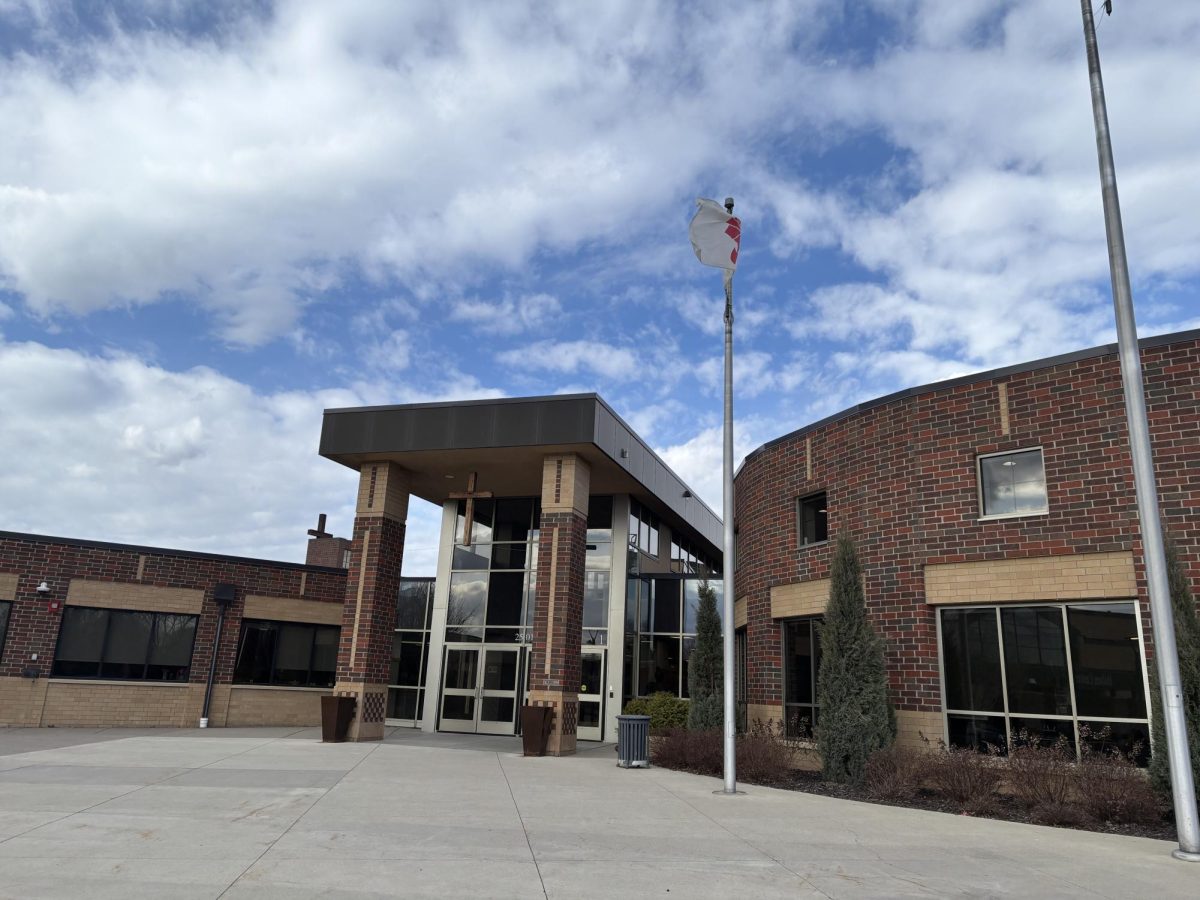
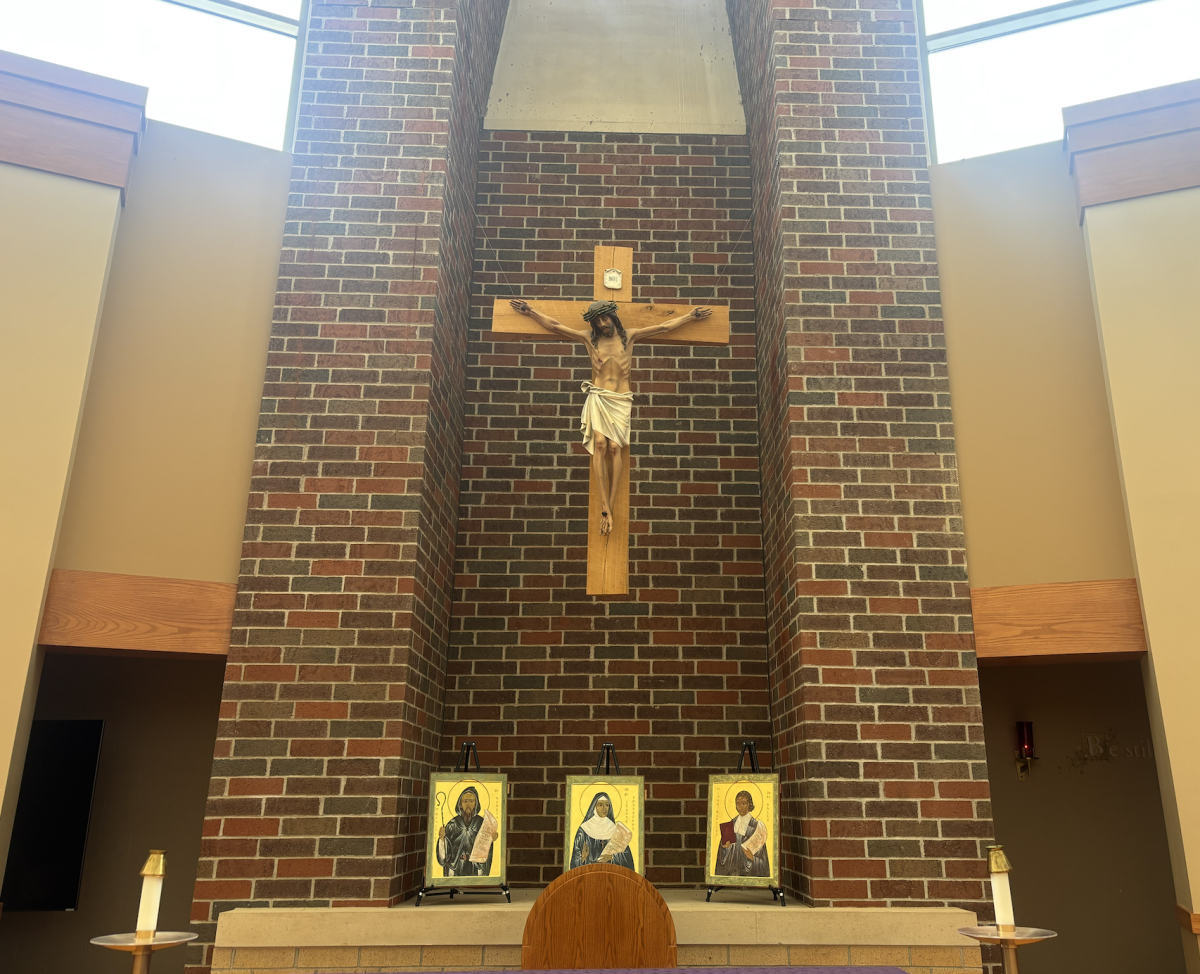
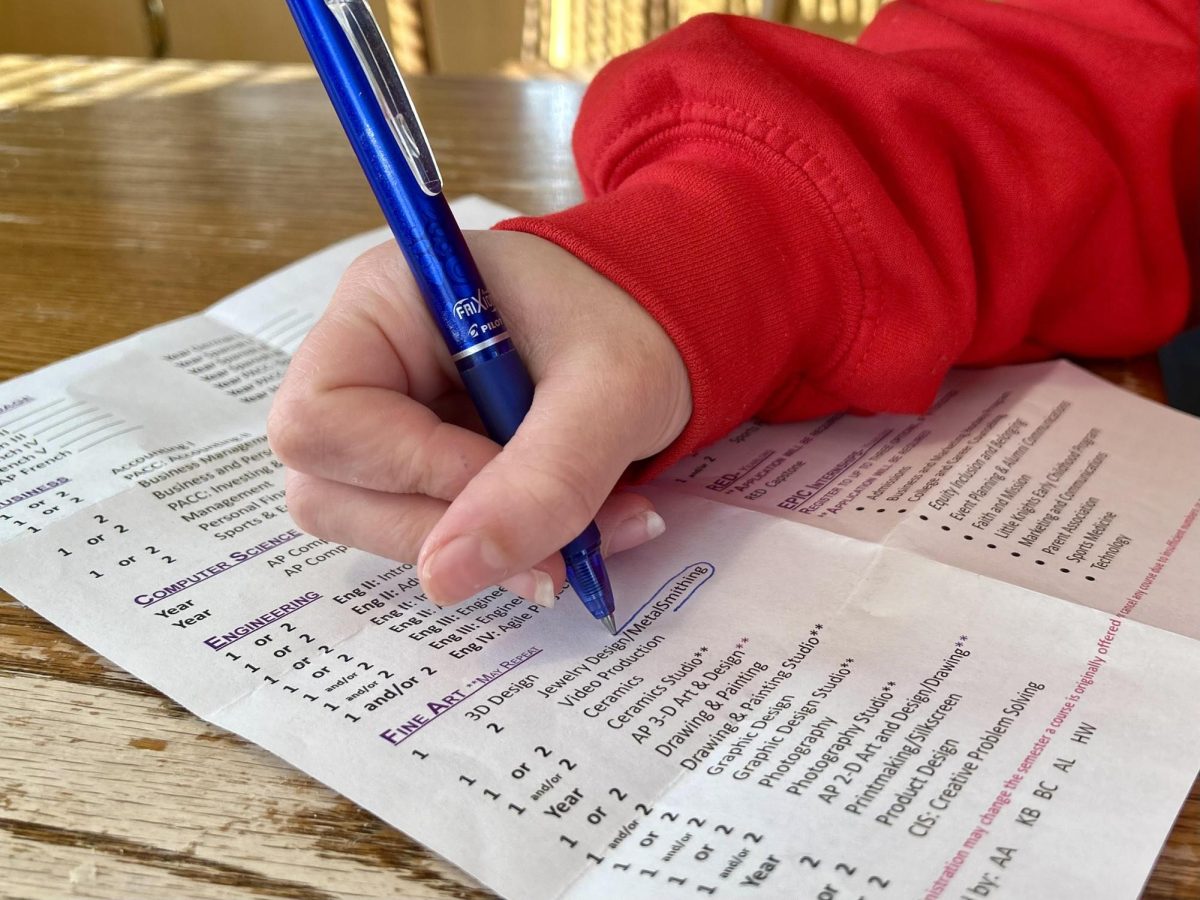
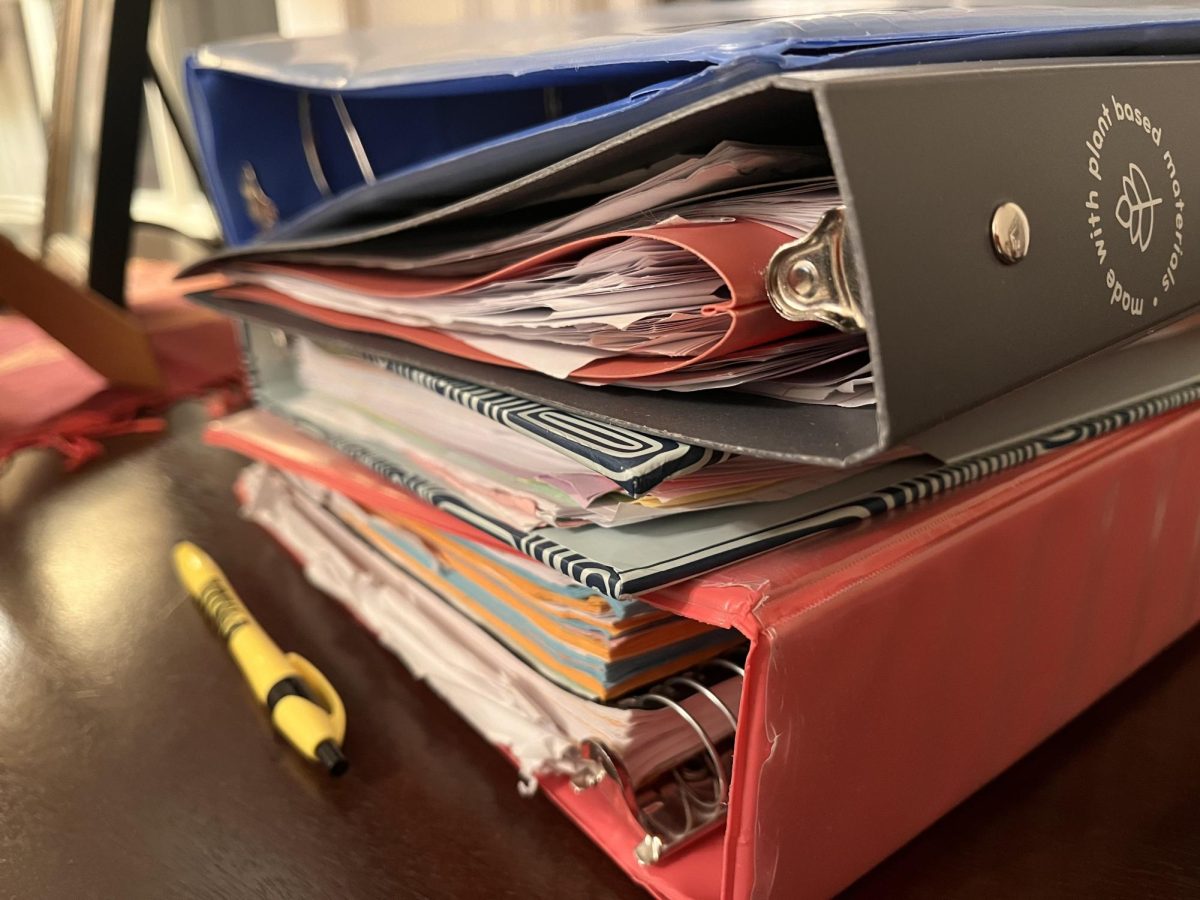
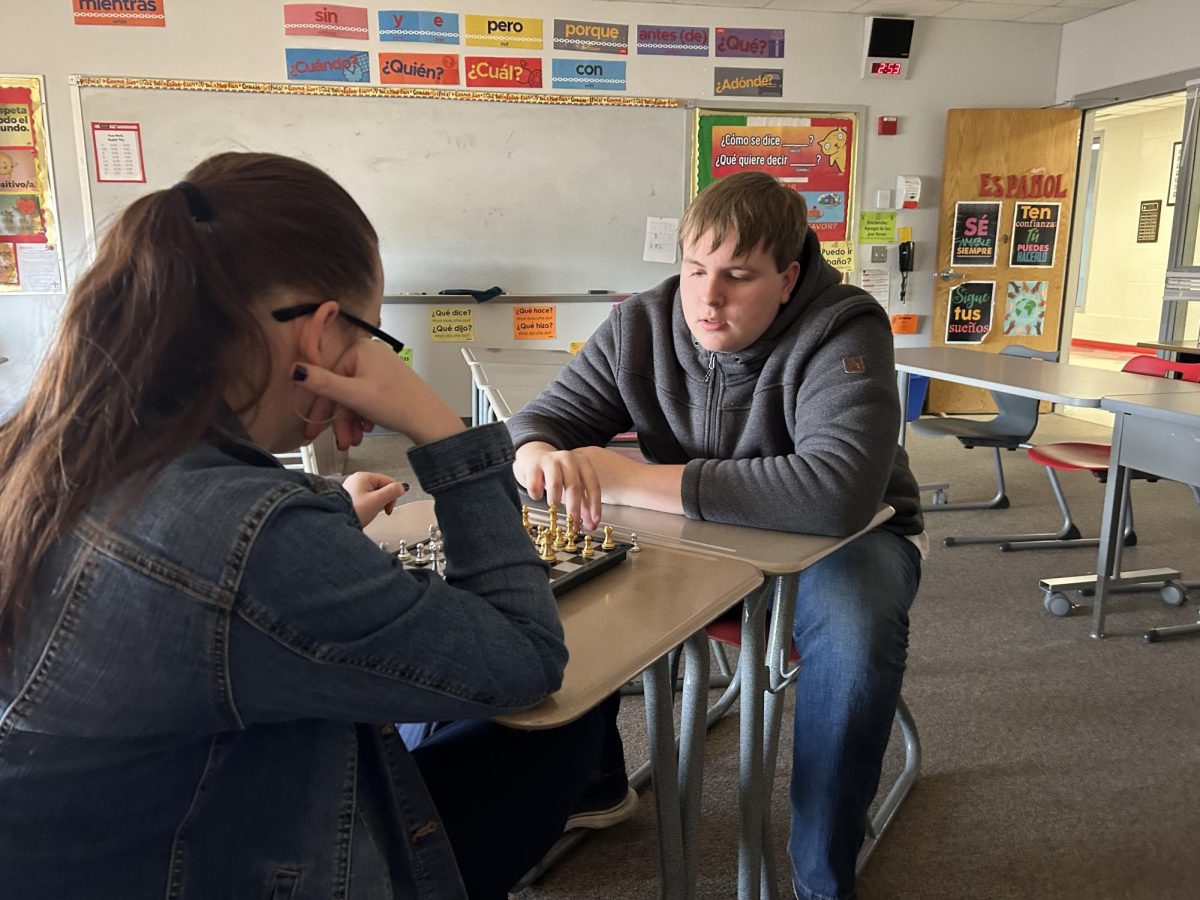

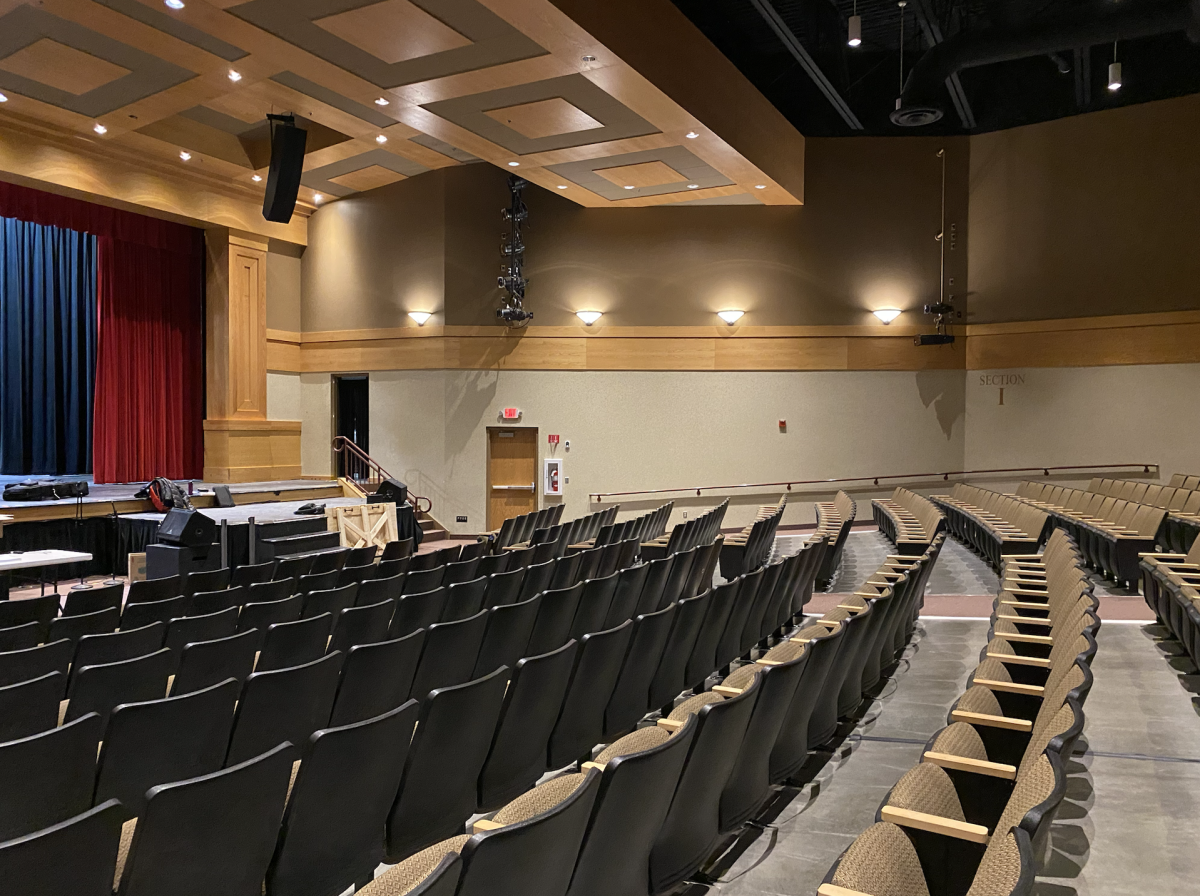
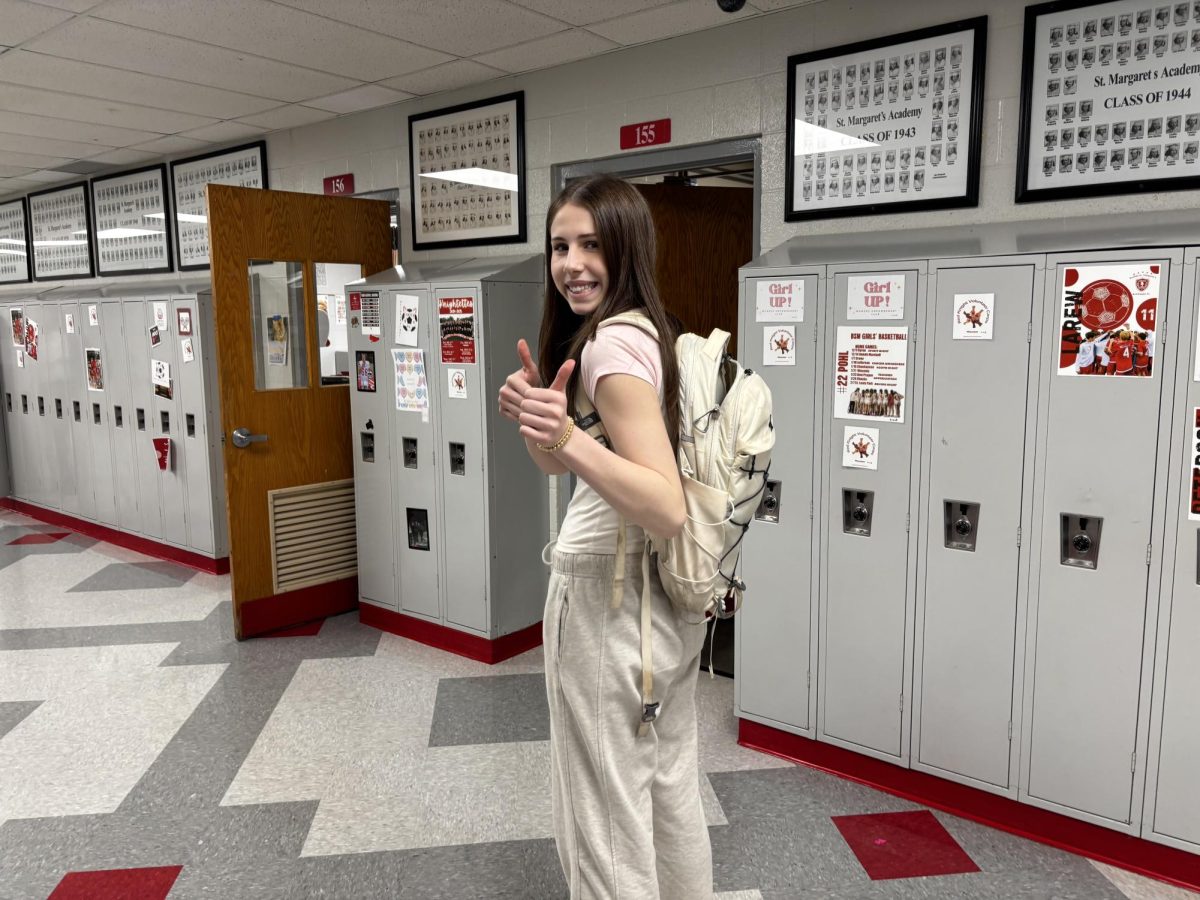
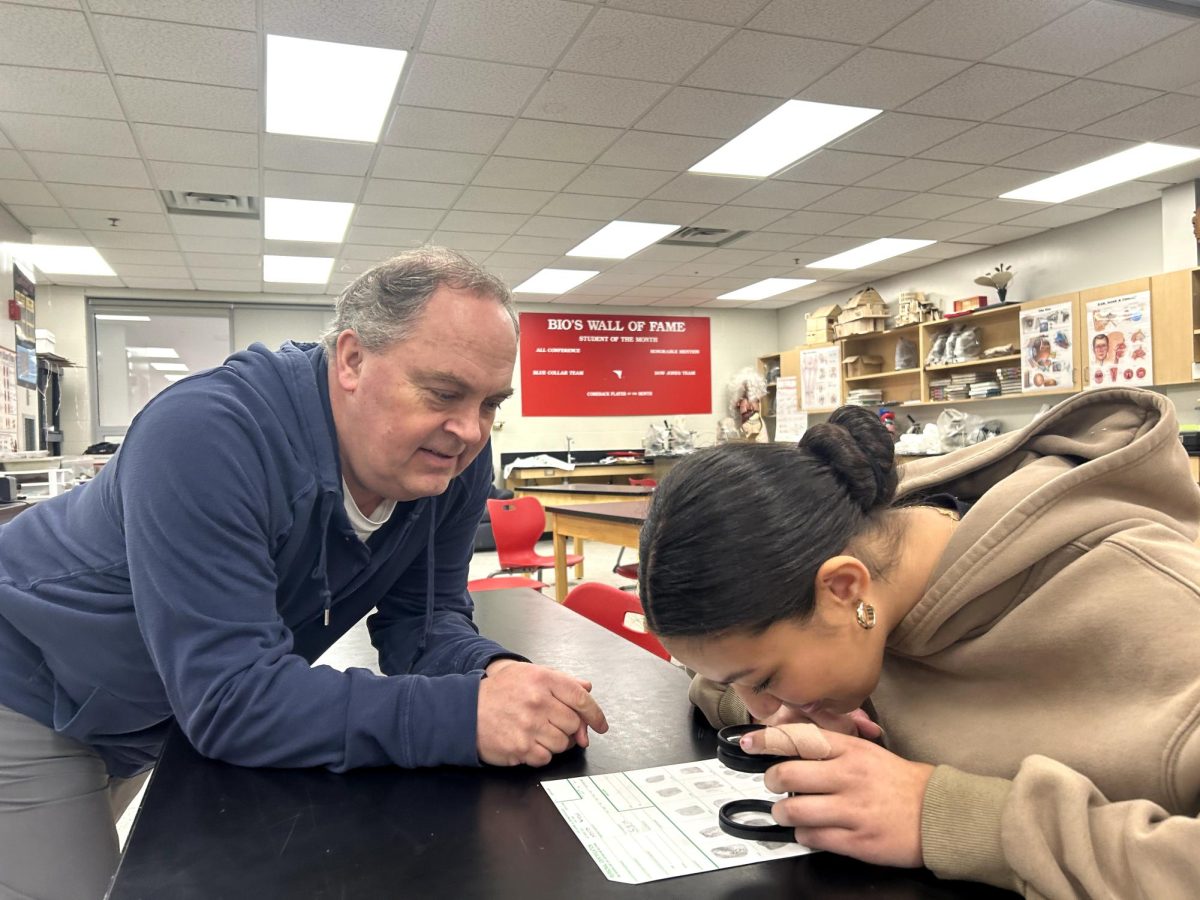


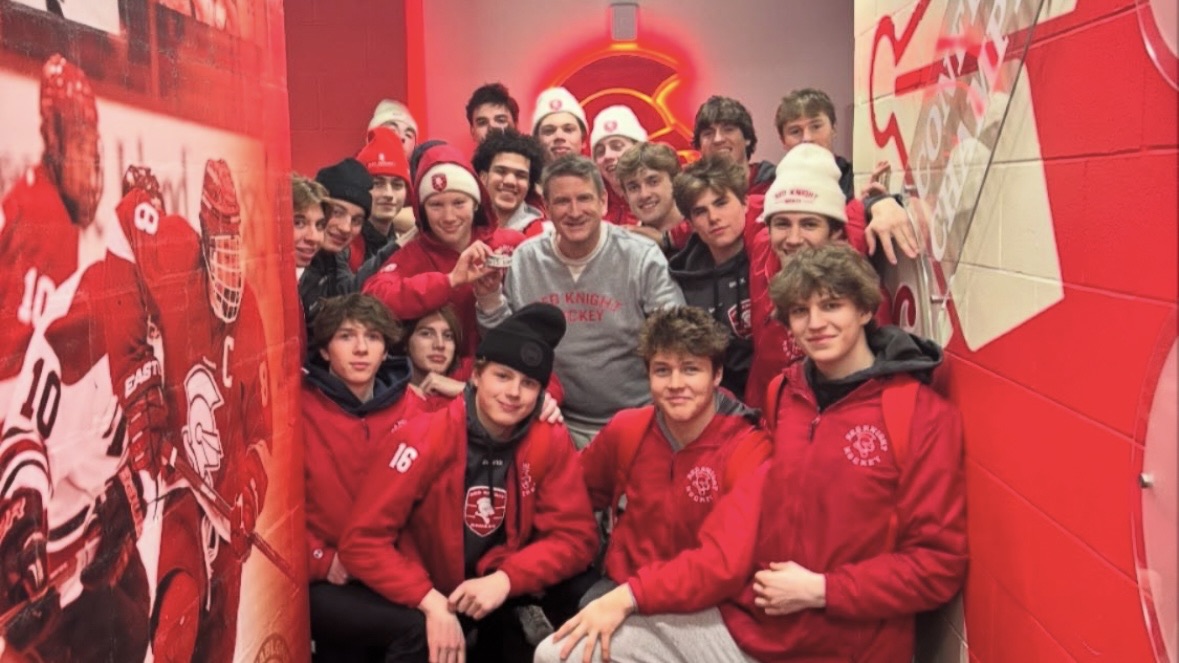
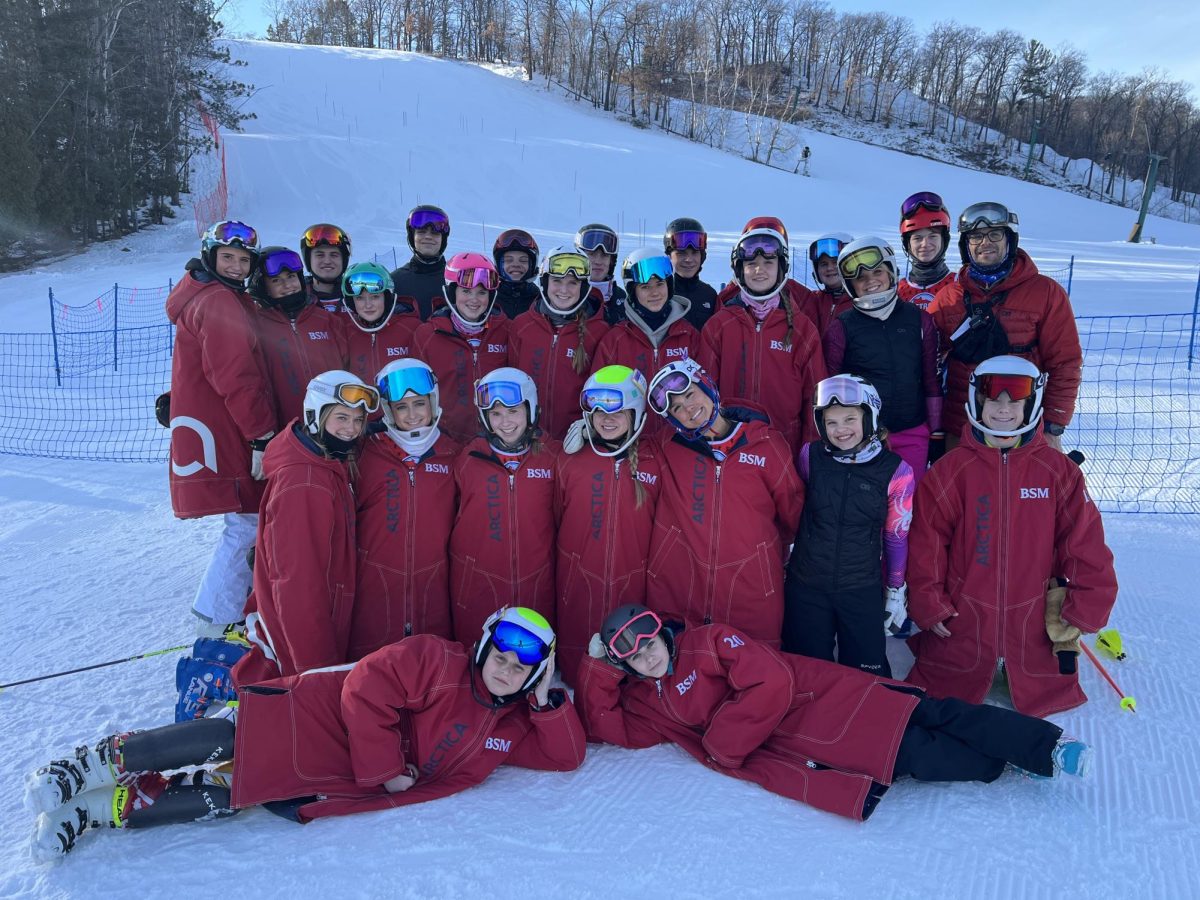
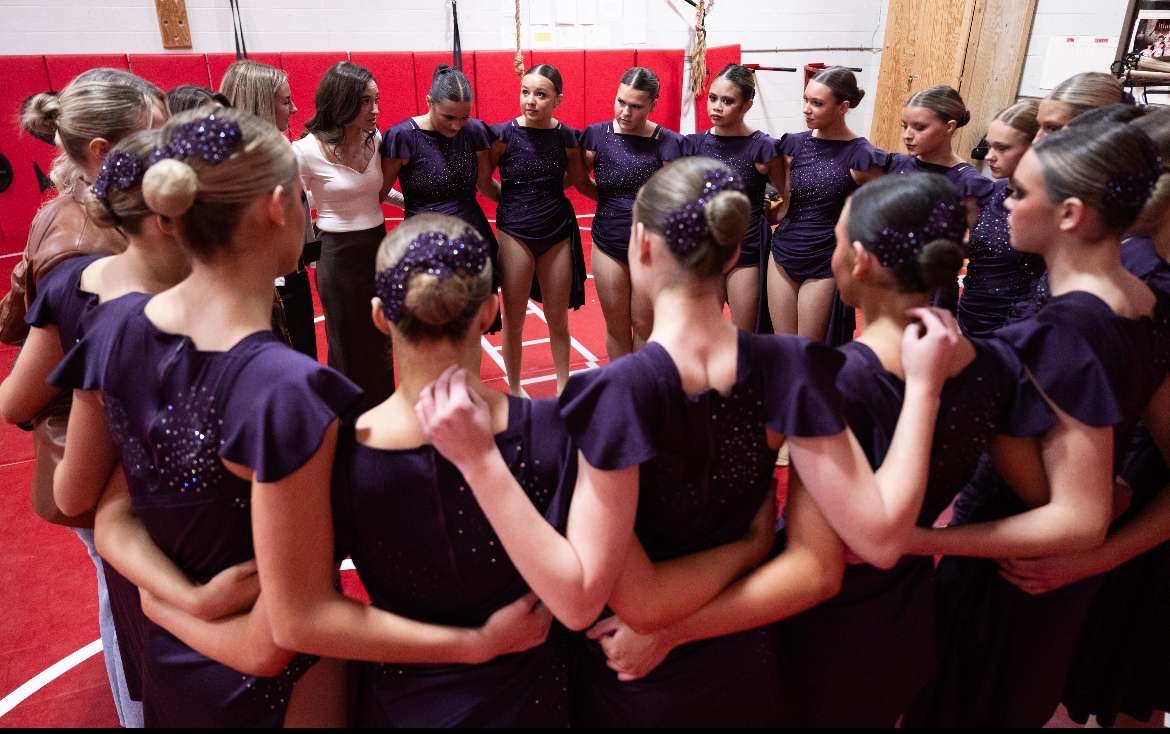



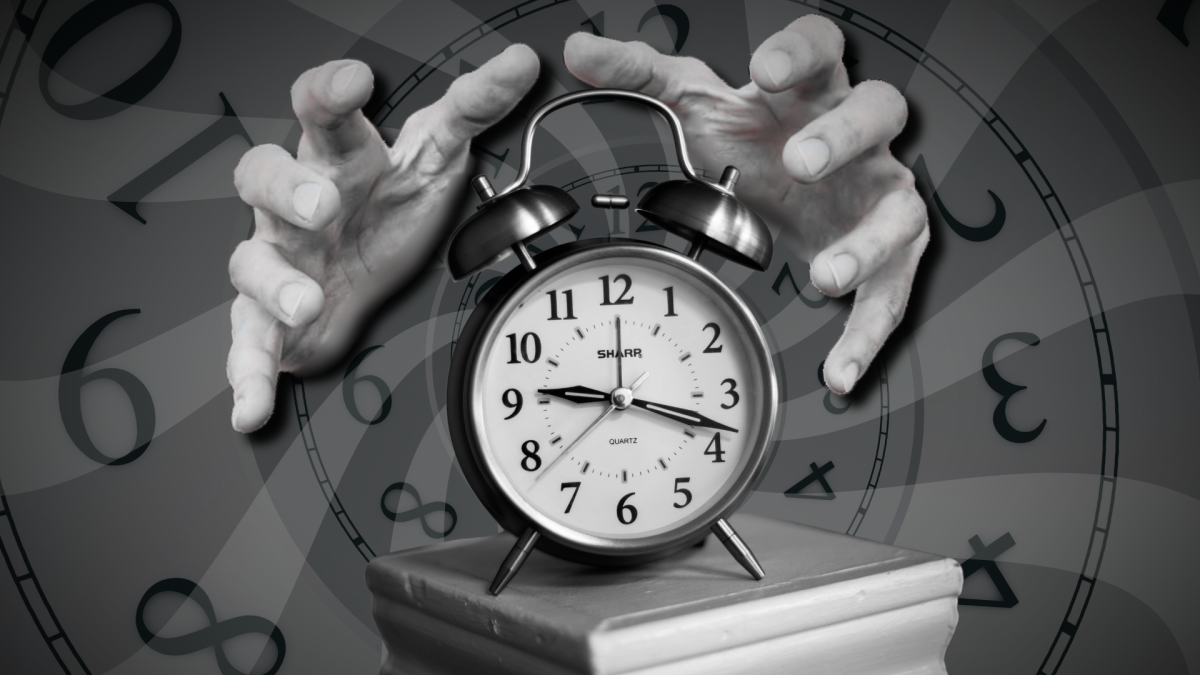
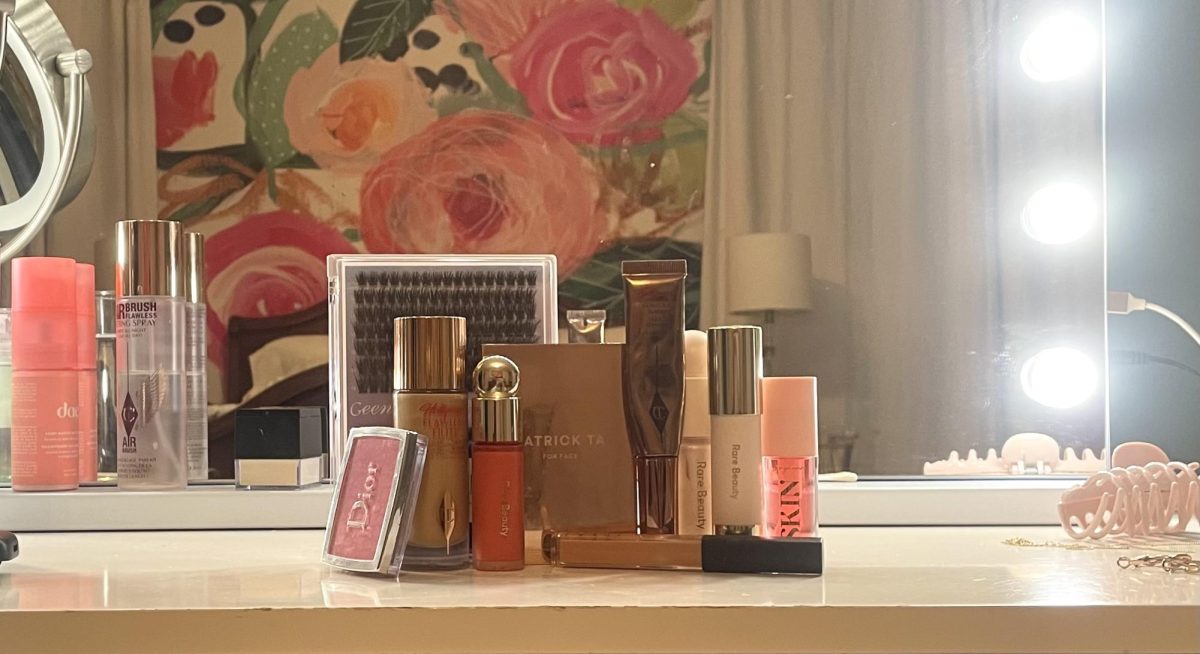
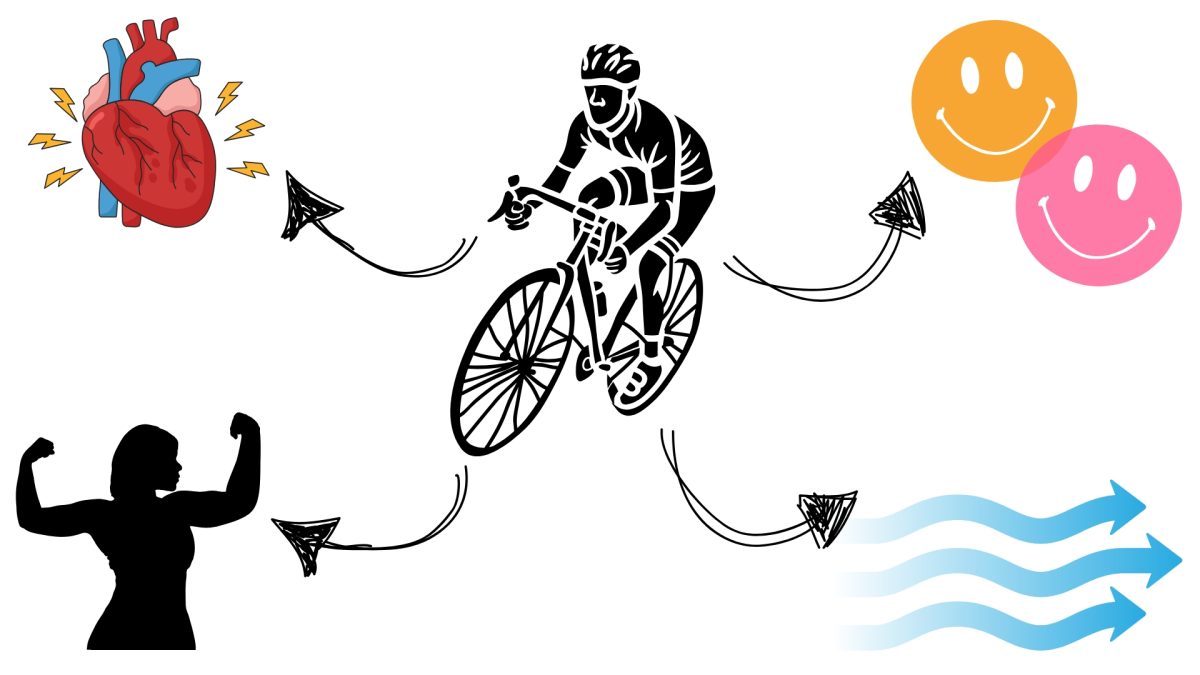
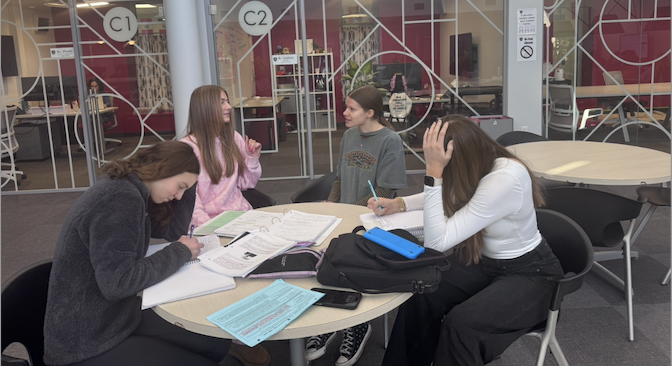
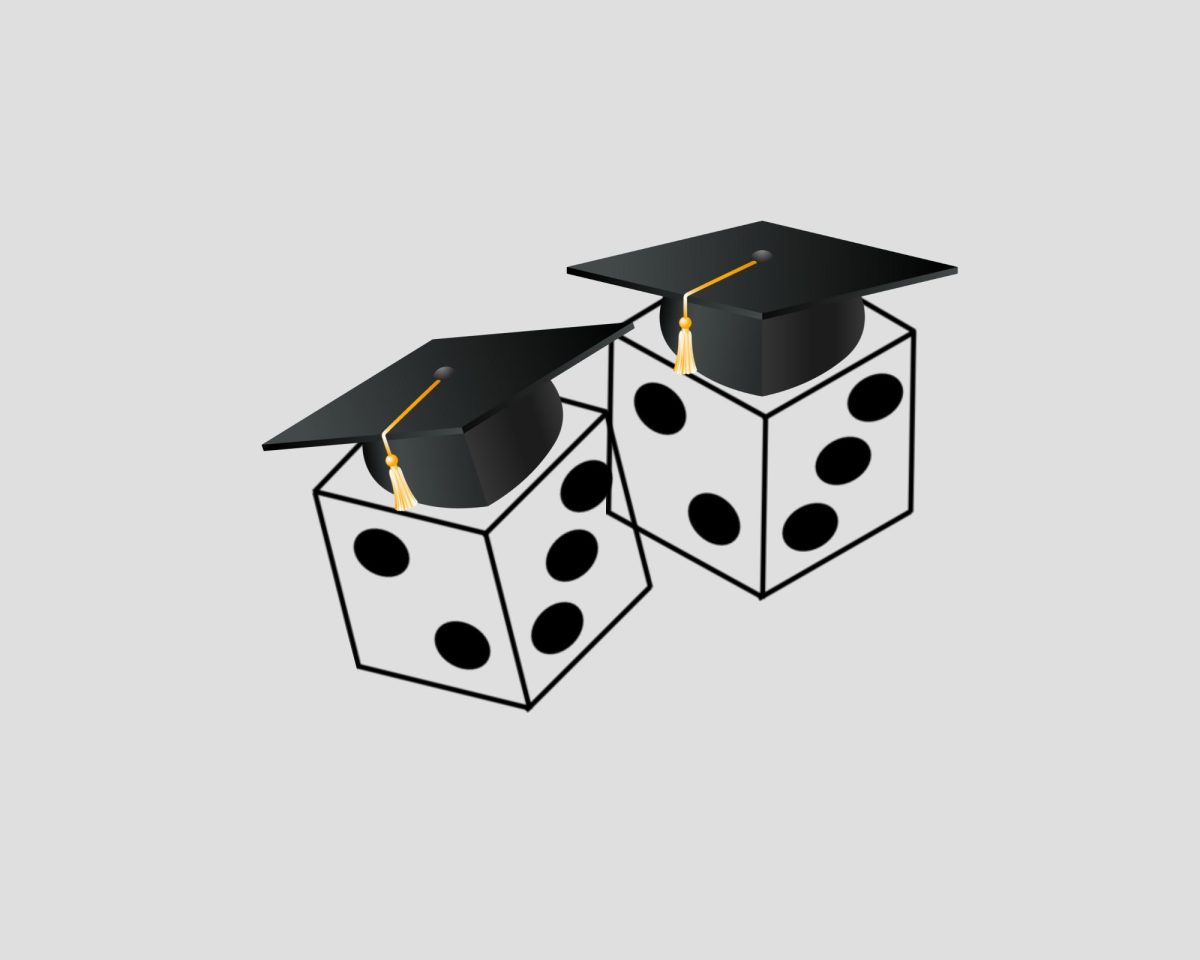
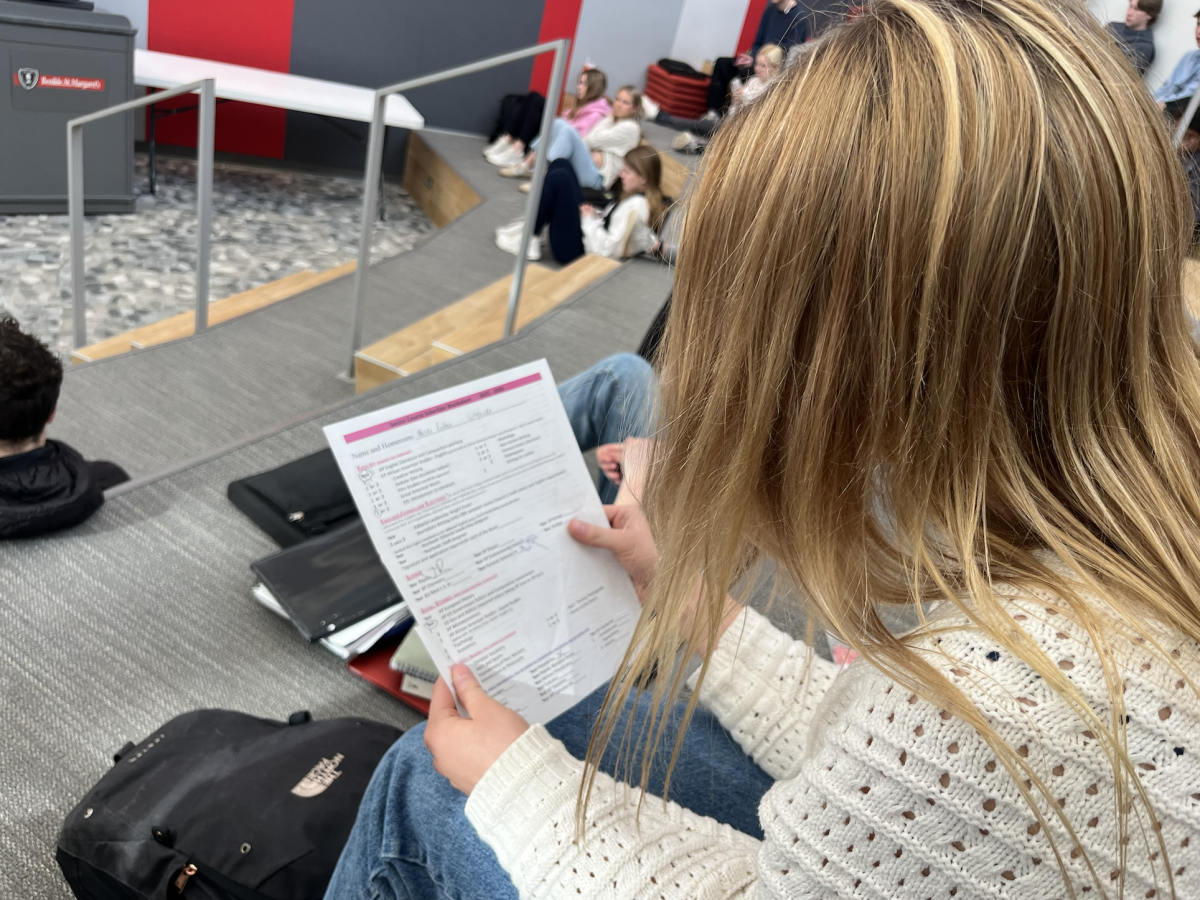
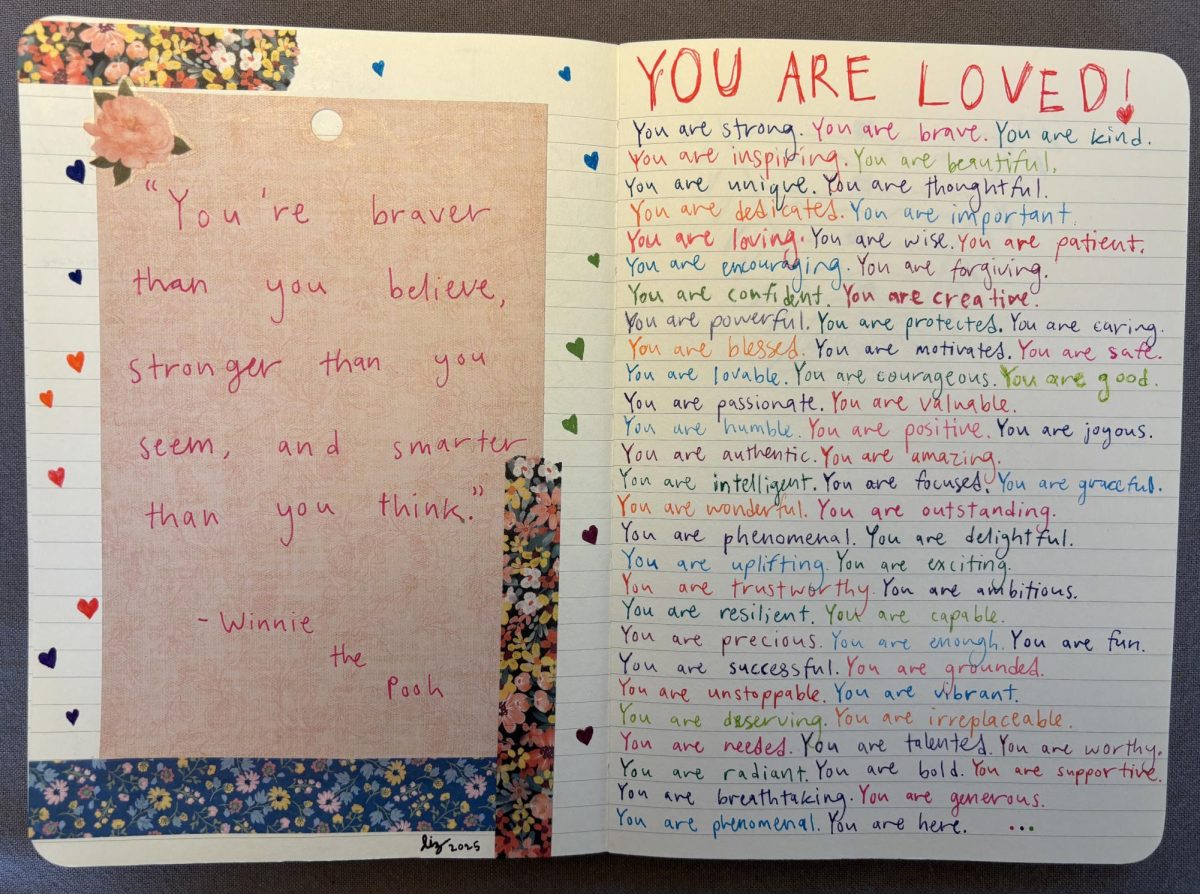


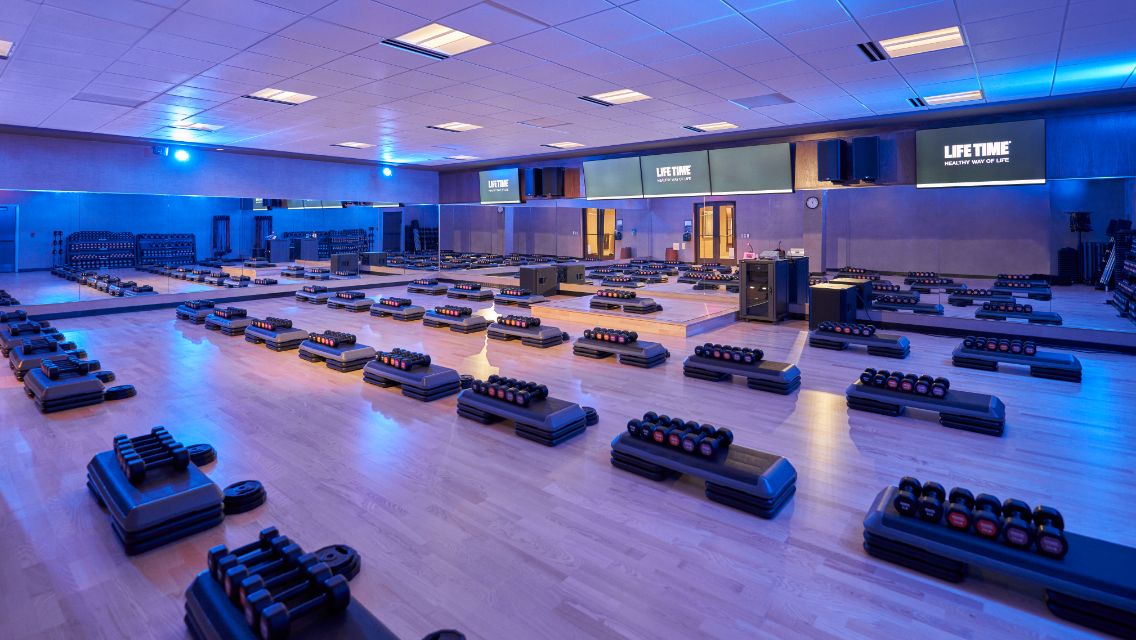







![Teacher Lore: Ms. Rathmanner [Podcast]](https://bsmknighterrant.org/wp-content/uploads/2025/03/teacherlorelogo-1200x685.png)




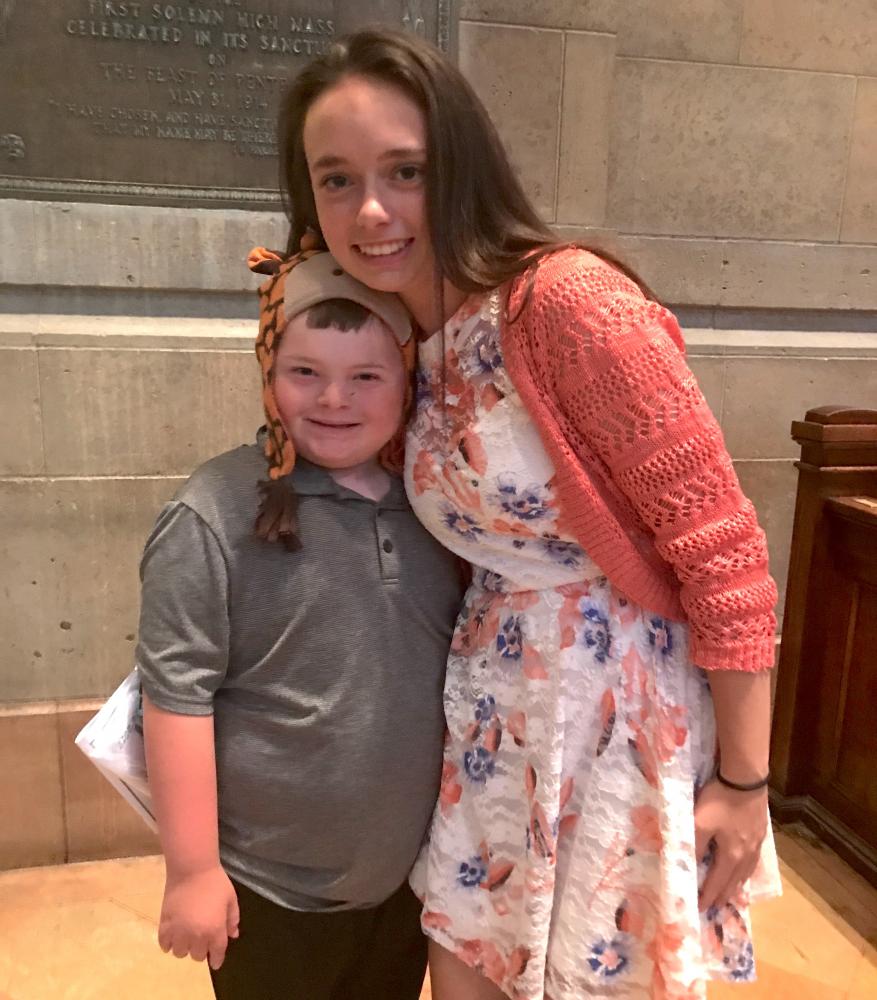

michael hawkins • Oct 10, 2017 at 9:17 am
What an interesting article.
Dempsey handled it with sensitivity and insight. This topic should come up
more often over the years as a reminder of the blessings we all share with
all of our classmates and siblings.
M. Hawkins